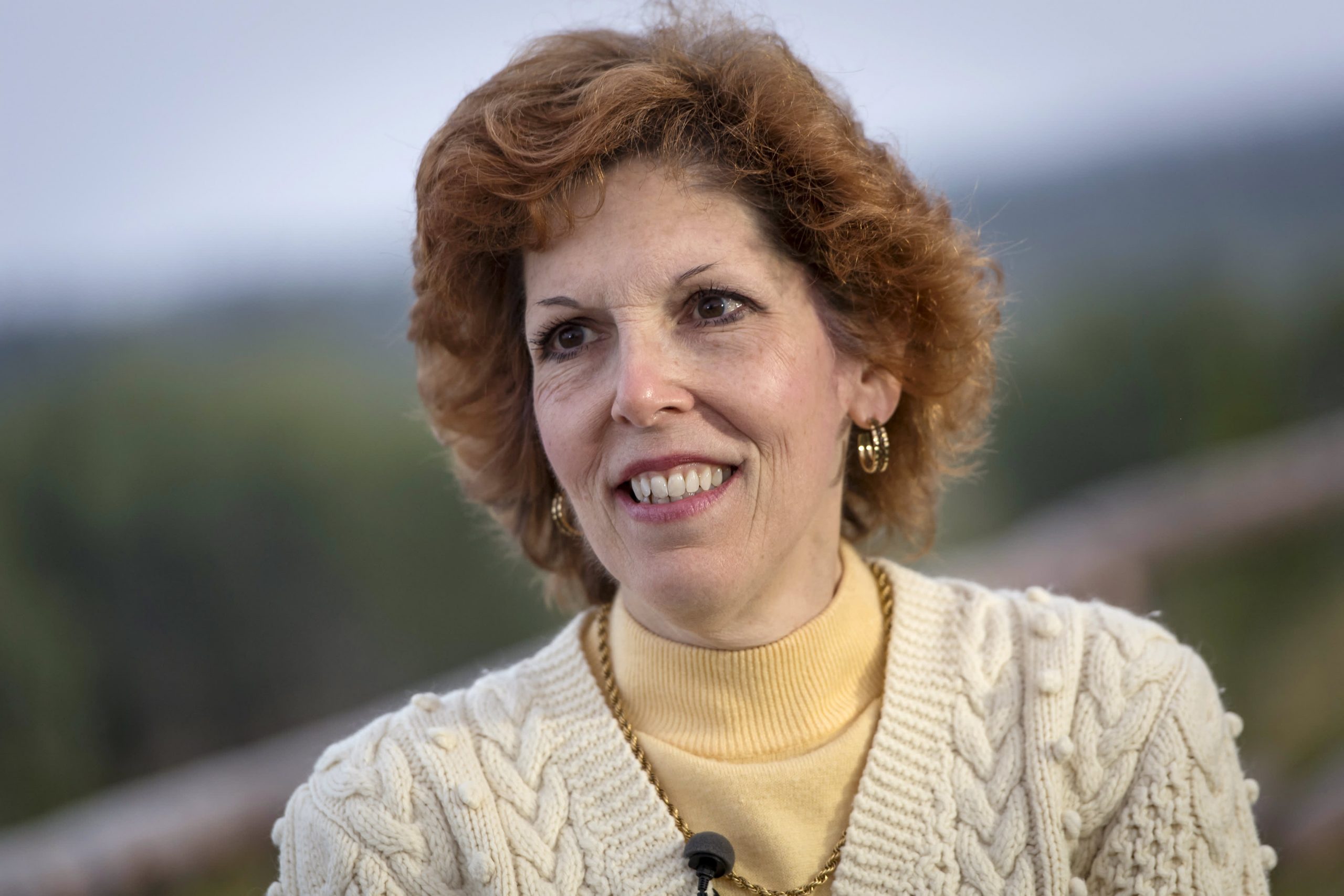Loretta Mester, president and chief executive officer of the Federal Reserve Bank of Cleveland.
David Paul Morris | Bloomberg | Getty Images
March’s strong job gains weren’t enough to convince Cleveland Federal Reserve President Loretta Mester that it’s time to change monetary policy.
The central bank official told CNBC on Monday that she welcomed news that nonfarm payrolls rose 916,000 for the month, thanks to a surge in leisure and hospitality jobs as well as a jump in government and construction hiring.
But the Fed remains committed to keeping rates low until the employment picture brightens considerably, she added.
“I’m thinking that we’ll see a very strong second half of the year, but we’re still far from our policy goals,” Mester said during a “Closing Bell” interview. “It was great to see that report. We need more of them coming our way.”
In addition to the big jobs gain, the unemployment rate also fell to 6%, its lowest of the Covid-19 pandemic era.
Still, the Fed remains tethered to ultra-loose policy until the jobs market gets back not only to full employment but also sees inclusive gains across income, racial and gender lines. Central bank officials also have pledged to tolerate inflation that runs somewhat above their long-range 2% goal if it’s in the interest of making the economy whole again.
Parts of the financial markets have shown concern over potential inflationary effects from the Fed’s loose policy, as well as trillions in government stimulus spending.
But Mester said she is largely unconcerned by this year’s run-up in government bond yields. The 10-year Treasury note most recently traded around 1.71%, near its highest level since before the pandemic.
“I think the higher bond yields are quite understandable in the context of the improvement in the economic outlook. The increase has been an orderly increase,” Mester said. “So I’m not concerned at this point with the rise in yields. I don’t think there’s anything for the Fed to react to.”


 Signal2forex.com - Best Forex robots and signals
Signal2forex.com - Best Forex robots and signals




